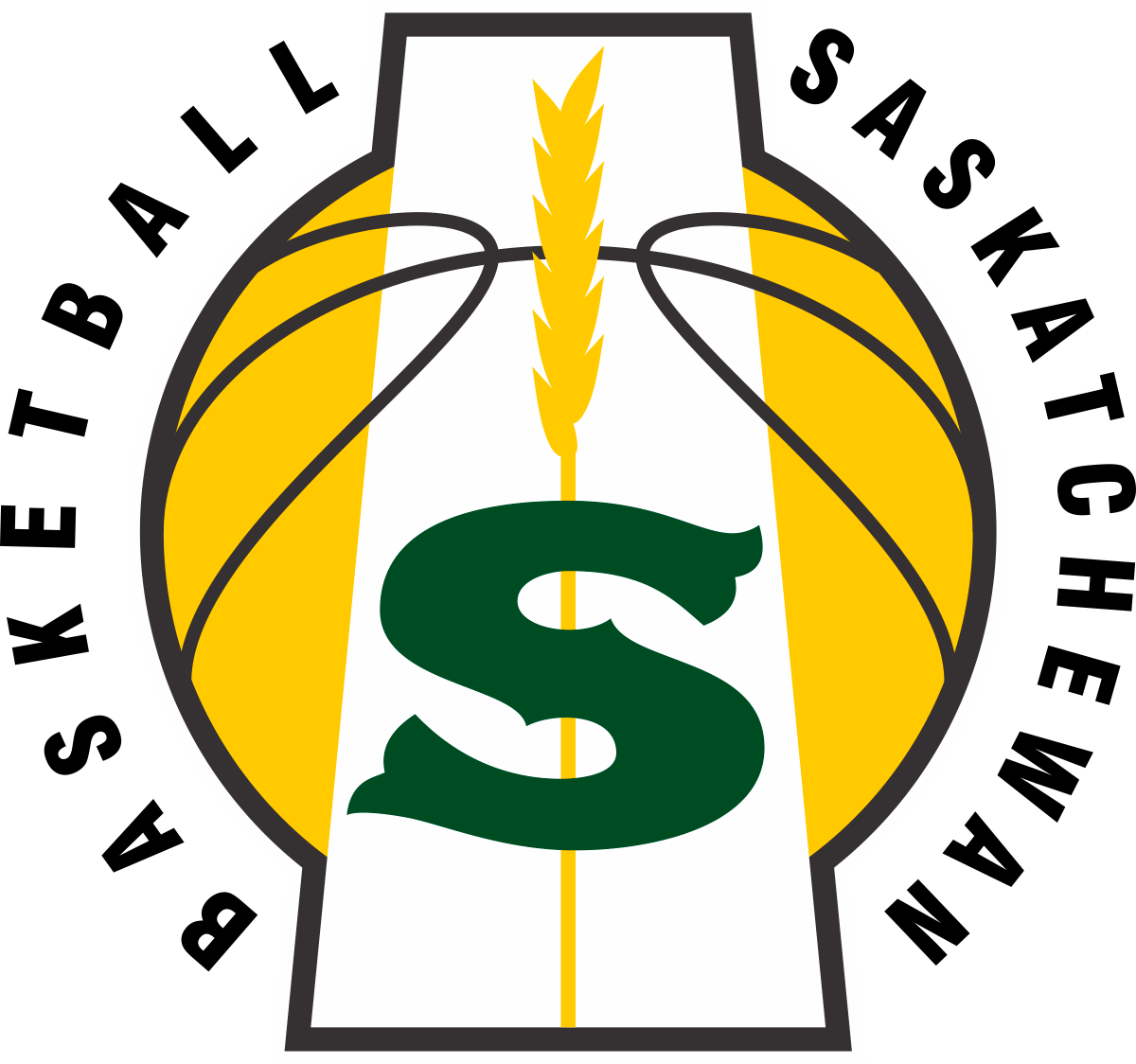Photo Couresy of:
‘They’ve laid the foundation’: Canada leans on vets Dwight Powell and Kelly Olynyk ahead of Olympics
Canadian basketball big man Dwight Powell vividly remembers the times he shared a hotel room with Kelly Olynyk on national team trips over a decade ago.
“We didn’t have all the funding like some of the other national teams so our groups bonded back in those days and Kelly and I spent a lot of time together on the road in different countries,” said Powell.
The two longtime Canadian national team members are considered the veteran voices for Canada heading into their first Olympic Games in 24 years. They’re known as the unofficial co-captains of the roster. After media scrums, you can hear Canadian forward RJ Barrett refer to Olynyk as “Captain Canada” in conversation.

“Sometimes you kind of take them for granted because they’re always here,” said Barrett. “But it’s great just to have those two guys, they’re the vet guys, they’re the voice, we listen to them and Melvin (Ejim).”
Outside of Ejim, Powell and Kelly have suited up for the national team the most among Canada's 12-player Olympic roster.
Olynyk first played with the men’s national team at the 2010 FIBA World Championship as the youngest player on the roster still at Gonzaga University. Powell, on the other hand, made his first appearance at the Jenaro "Tuto" Marchand Continental Championship Cup in 2015, which was followed by the FIBA Americas Championship.
They showed up when it wasn’t cool, stuck it through after tough losses and believed they could help get Canada back to the Olympics one day.
“These guys helped build a foundation of consistency,” said Rowan Barrett, General Manager / Executive Vice-President, Senior Men's Program. “We were able to grow up watching them play for Canada, and now I know it’s pretty cool for them to be on the same court. I think those guys are stalwarts.”
When Powell first entered the NBA, he was a second-round draft pick by the Boston Celtics, trying to figure out how to float in the league’s treacherous waters. Olynyk was entering his second year with the Celtics and took the Toronto native under his wing, offering him a life jacket before he was traded mid-season to the Dallas Mavericks.
“Kelly’s obviously like a great friend, on and off the court, someone I can lean on because he understands me well from being together so long, especially the national team,” said Powell. “He was really helpful for me early in my career, starting in Boston and showed me the ropes in the first few months so we have a bond.”
At the FIBA Men’s Basketball World Cup 2023 last year, Powell and Olynyk hugged in the locker room after defeating Spain to earn their spot in the Paris Olympics. It was a moment captured on television, showing how far they’ve come together as teammates and friends.
“There’s only 12 teams that make it,” said Olynyk. “All those blood, sweat and tears, battles and fights coming so close, finally breaking through and being able to make it, it means a lot. It’s something you don’t take for granted and don’t take lightly.”
Before the historic FIBA World Cup run, Powell would often bump into a Canadian NBA player on the road and chat with them about suiting up for the national team in the summer. This past year, conversations about that weren’t needed anymore.
“We don’t have to ask,” said Powell. “(Everyone) is like ‘Oh this is the summer’… I think it’s just exciting to have so many guys, willing, ready and able.”
Dillon Brooks and Shai Gilgeous-Alexander are glad that Canada can consistently rely on veterans like Powell and Olynyk. They trust their expertise in FIBA basketball and respect how much they’ve sacrificed over the years to help the program return to the Olympics.
“They’ve been in this for a very long time,” said Gilgeous-Alexander. “Both of them have played for as long as I can remember. They are pioneers, they’ve laid the foundation, they’ve been great role models and leaders. It’s a blessing to have guys like that be in your program for so long and kind of set the foundation.”
Both Powell and Olynyk have helped make head coach Jordi Fernandez’s transition with the Canadian men’s national team easier since he took over. He’s been able to rely on them as longtime voices of the program, often seeking their input and advice on team decisions.
“Those guys are committed, they’re vets, they have experience, and they’re true captains,” said Fernandez. “If I ask for leadership, they lead with their voice, and they lead by example, so it just makes the group better.”
For Olynyk, being known as the captain of the men’s national team heading back to its first Olympics in 24 years is a special feeling. But heading into Paris, it’s all about the group coming together as one for him.
“It’s an honour to have that title, but for us, it’s bigger than that. It’s about the whole twelve and beyond that, the whole country,” said Olynyk.











.png)


.png)




